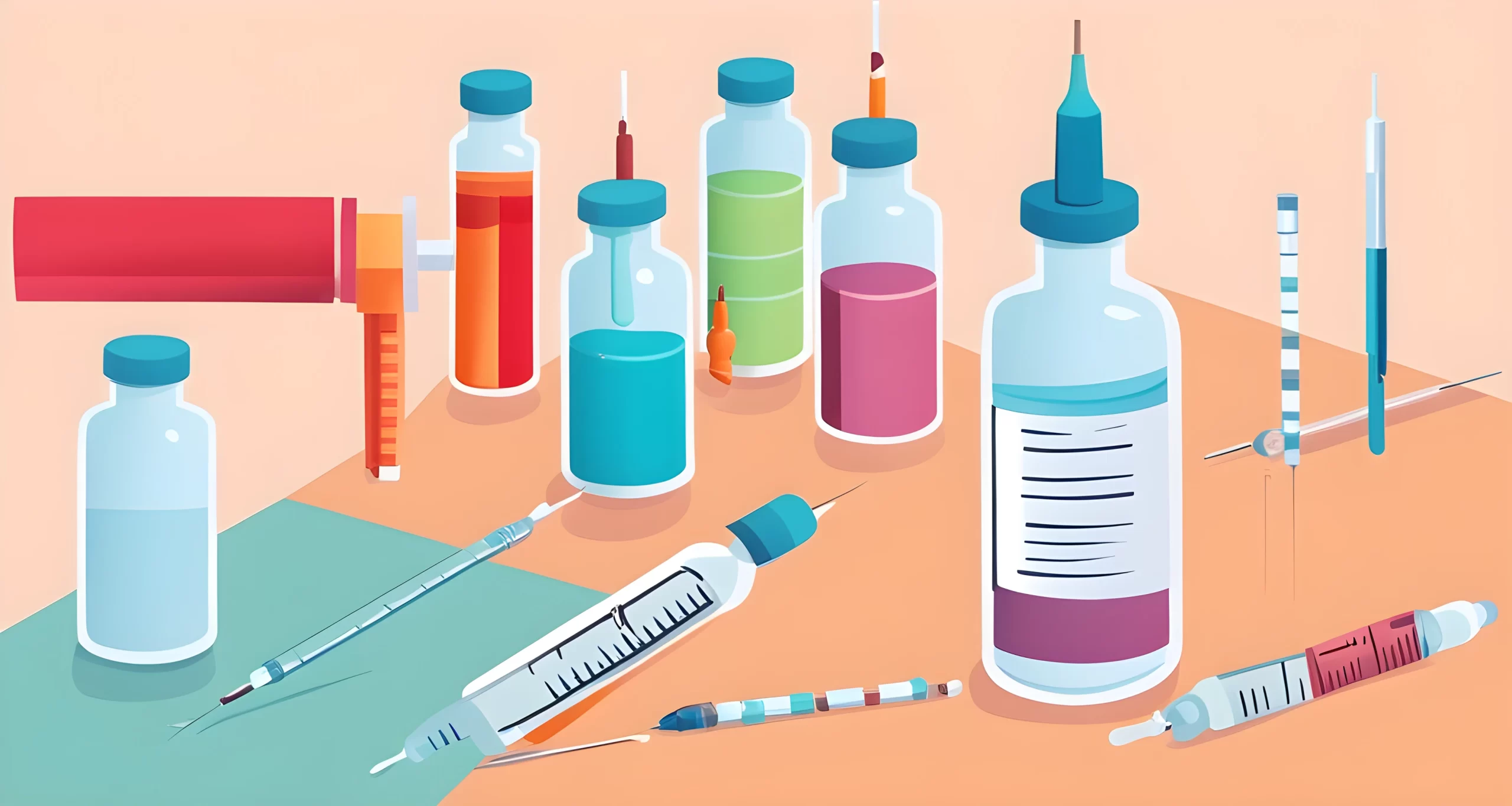Introduction
The debate surrounding the link between vaccines and autism has been a persistent issue in public health discourse. Despite extensive scientific debunking, a myth continues to prevail, largely stemming from a discredited 1998 study. This erroneous belief has had a significant impact on vaccination rates and public health. Multiple scientific studies and health organizations have affirmed that there is no evidence supporting a connection between vaccines and autism, yet the misinformation persists.
This article aims to provide a comprehensive understanding of the controversy, addressing the scientific debunking of the myth, the impact on public health, and the response from government and scientific institutions. It will also emphasize the importance of vaccination in preventing infectious diseases and maintaining overall public health.
For more insights into debunking myths and uncovering truths, check out our article Unveiling extraterrestrial mysteries for an intriguing exploration of UFOs and extraterrestrial secrets. Stay tuned as we unravel the truth about vaccines and autism, providing essential information to help readers make informed decisions about vaccination.
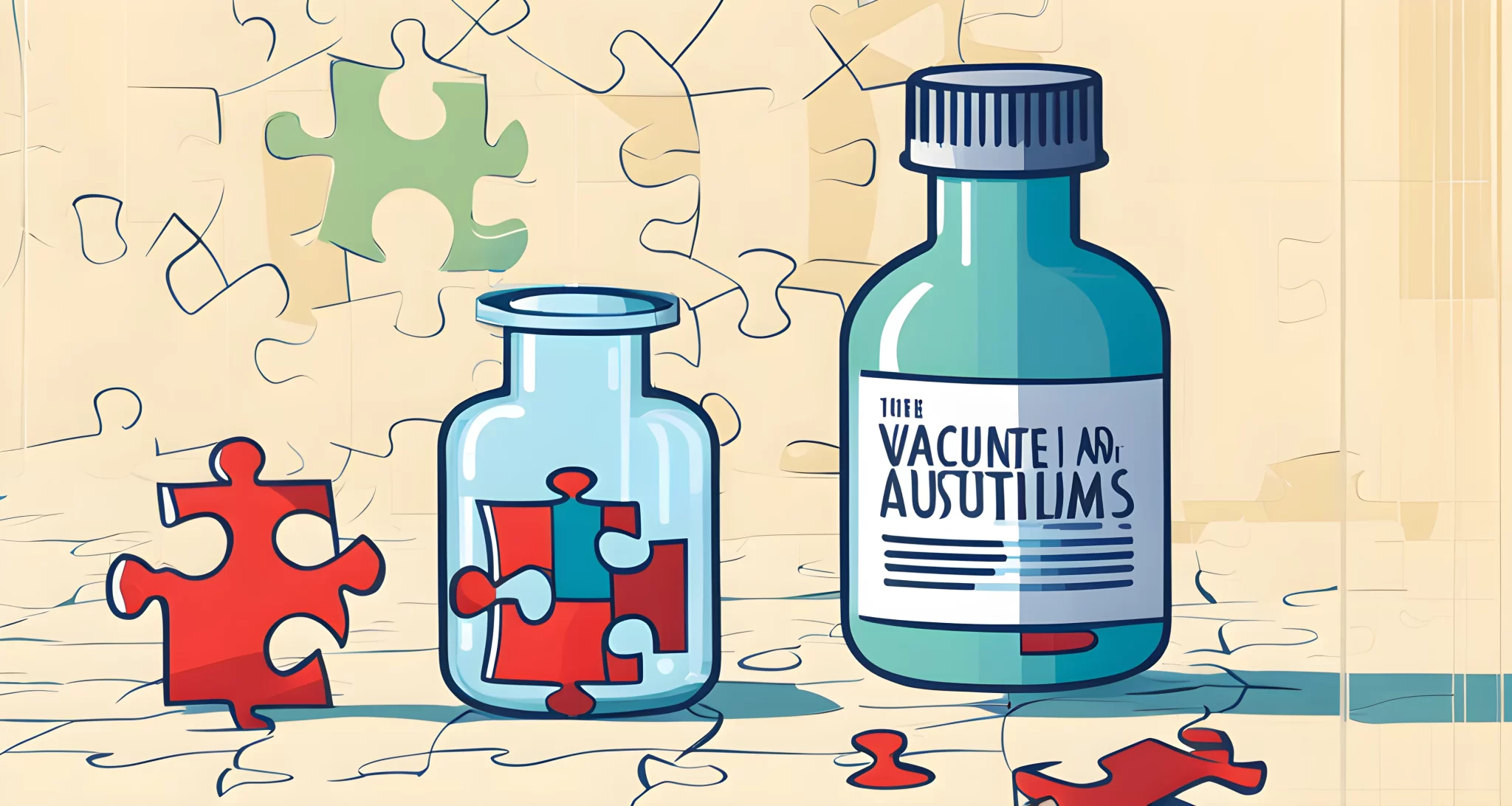
The Link Between Vaccines and Autism
In 1998, a study by Andrew Wakefield suggested a link between the MMR vaccine and autism, igniting widespread fear and skepticism about vaccination. However, it was later found to be flawed and retracted. Wakefield’s misconduct led to the loss of his medical license, and the study’s findings were thoroughly discredited. This event significantly contributed to the debunking of the myth linking vaccines to autism.
- The 1998 study by Andrew Wakefield falsely suggested a link between the MMR vaccine and autism, causing widespread panic.
- The study was later found to be flawed and retracted, leading to the discrediting of its findings.
- Andrew Wakefield’s misconduct resulted in the loss of his medical license.
The impact of this false link cannot be understated. It led to a decrease in vaccination rates, resulting in preventable outbreaks of diseases such as measles. However, extensive research and evidence have since proven that there is no causation between vaccines and autism.
To learn more about how misinformation can affect public health, check out our article on World Domination.
The truth is clear: vaccines are safe and crucial for public health. Let’s continue to debunk myths and prioritize vaccination for the well-being of our communities.
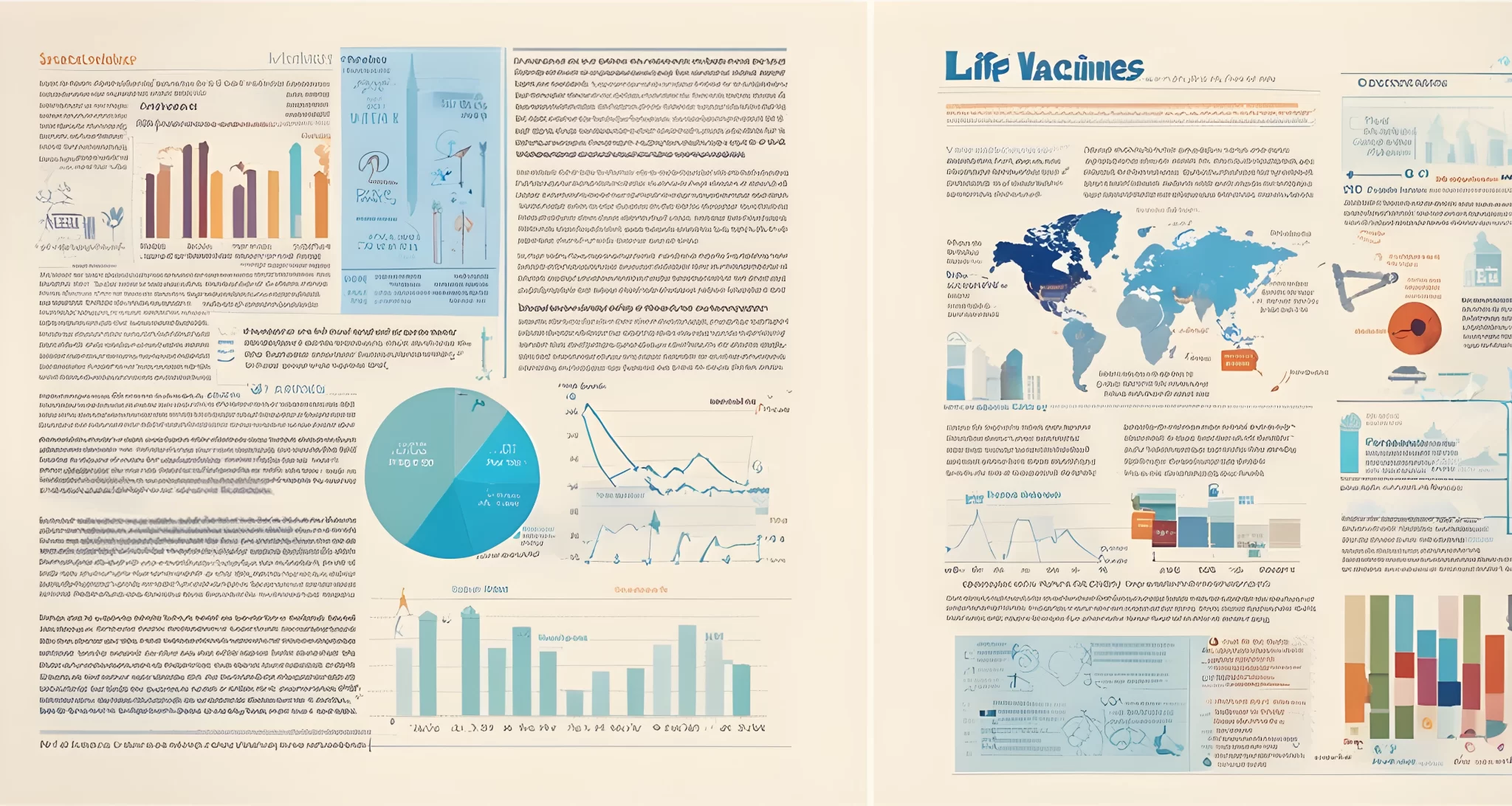
Scientific Debunking of the Myth
The scientific consensus firmly establishes that vaccines are safe and effective in preventing serious diseases. Vaccines work by stimulating the immune system to produce antibodies that can fight specific viruses or bacteria, ultimately building immunity and protecting against diseases. For instance, the COVID-19 vaccine utilizes mRNA technology to help the body recognize and combat the SARS-CoV-2 virus.
Debunking the Autism Myth
- Numerous studies have debunked the myth linking vaccines to autism, including a comprehensive review of research published in the journal Pediatrics.
- The study concluded that there is no evidence to support a link between vaccines and autism, and that vaccines do not increase the risk of autism spectrum disorder.
- Additionally, the Centers for Disease Control and Prevention (CDC) has emphasized that there is no causal association between vaccines and autism.
For further insight into debunking myths, you may find it interesting to read about the Roswell UFO Incident and how scientists have uncovered the truth behind this famous conspiracy theory.
By understanding the scientific evidence, we can confidently assert that vaccines are not only safe but also crucial in maintaining public health.

Impact on Public Health
The debunking of the myth that vaccines cause autism has significant implications for public health. By dispelling this misinformation, more individuals can make informed decisions about vaccinating themselves and their children. This is critical in preventing the spread of vaccine-preventable diseases and protecting vulnerable populations.
-
Increased Vaccination Rates: With the understanding that vaccines do not cause autism, there is a higher likelihood of increased vaccination rates. This is essential in creating herd immunity and preventing outbreaks of diseases such as measles, mumps, and rubella.
-
Protection of Vulnerable Populations: Individuals who cannot be vaccinated due to medical reasons rely on the immunity of those around them to stay protected. Dispelling the vaccine-autism myth helps in safeguarding these vulnerable populations.
-
Public Health Education: The debunking of this myth highlights the importance of public health education and accurate information dissemination. It underscores the need for individuals to make decisions based on scientific evidence rather than misinformation.
This change in perception has far-reaching effects, contributing to a healthier society overall. To learn more about how scientific debunking benefits public health, check out Climate Change Science Facts for similar examples where dispelling myths has positive impacts on society.
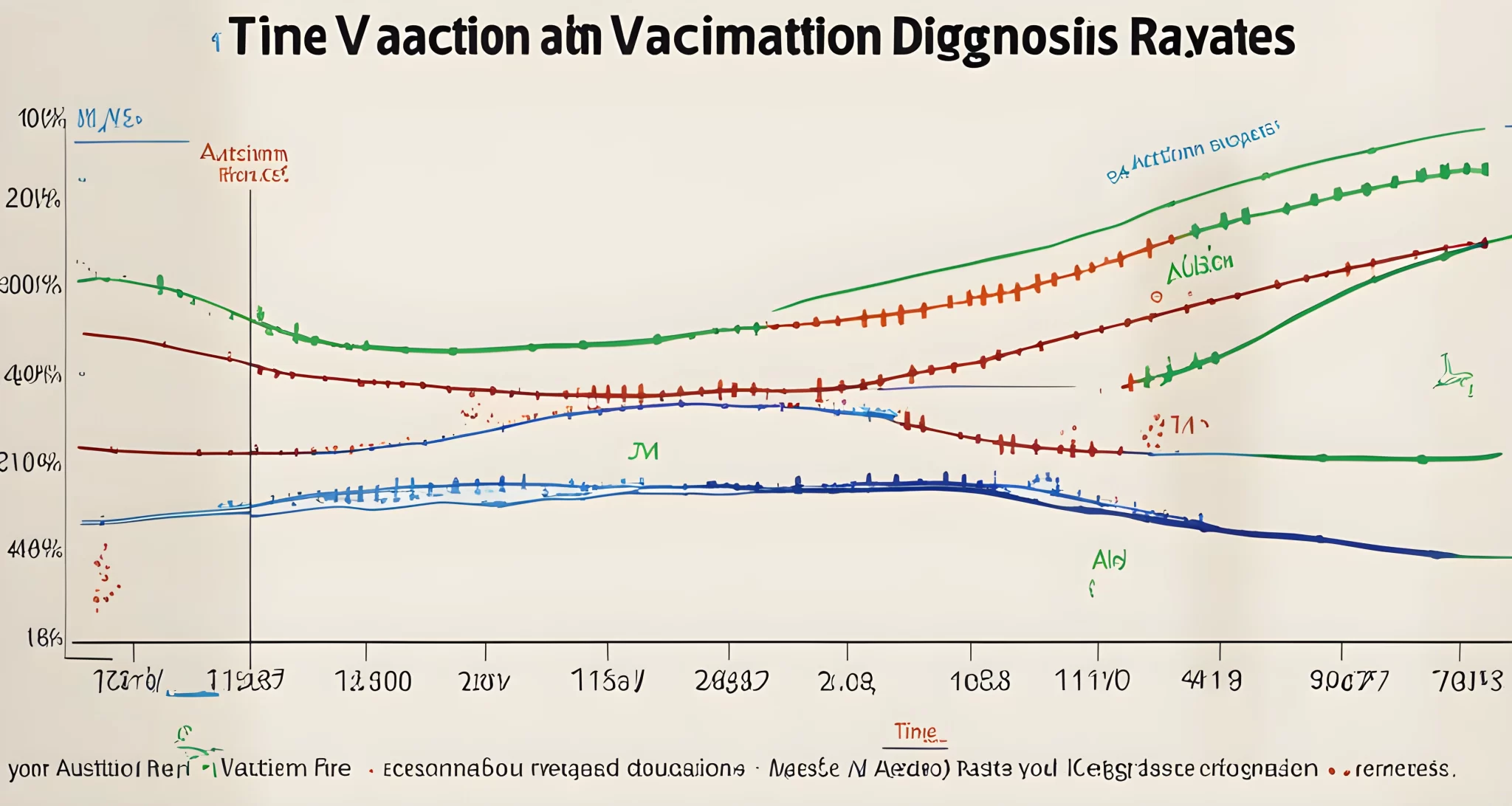
Government and Scientific Institutions’ Response
Government and scientific institutions have played a crucial role in addressing the myth linking vaccines to autism. The CDC explicitly states that vaccines do not cause autism, and it has highlighted multiple studies discrediting any potential link between vaccinations and autism spectrum disorder. This authoritative stance is instrumental in combating vaccine misinformation.
CDC’s Stand
- The CDC has explicitly stated that vaccines do not cause autism.
- The institution has highlighted multiple studies discrediting any potential link between vaccinations and autism spectrum disorder.
Combatting Misinformation
- The authoritative stance of government and scientific institutions is instrumental in combating vaccine misinformation.
- Their efforts are crucial in reassuring the public about the safety of vaccinations, ultimately leading to increased vaccination rates.
The stance of these institutions carries a significant weight, providing credibility and reassurance to the public. It is essential for individuals to trust the guidance provided by these authoritative bodies. For further understanding, readers can also explore how Unexplained Lights in Phoenix relates to the impact of misinformation on public perception.
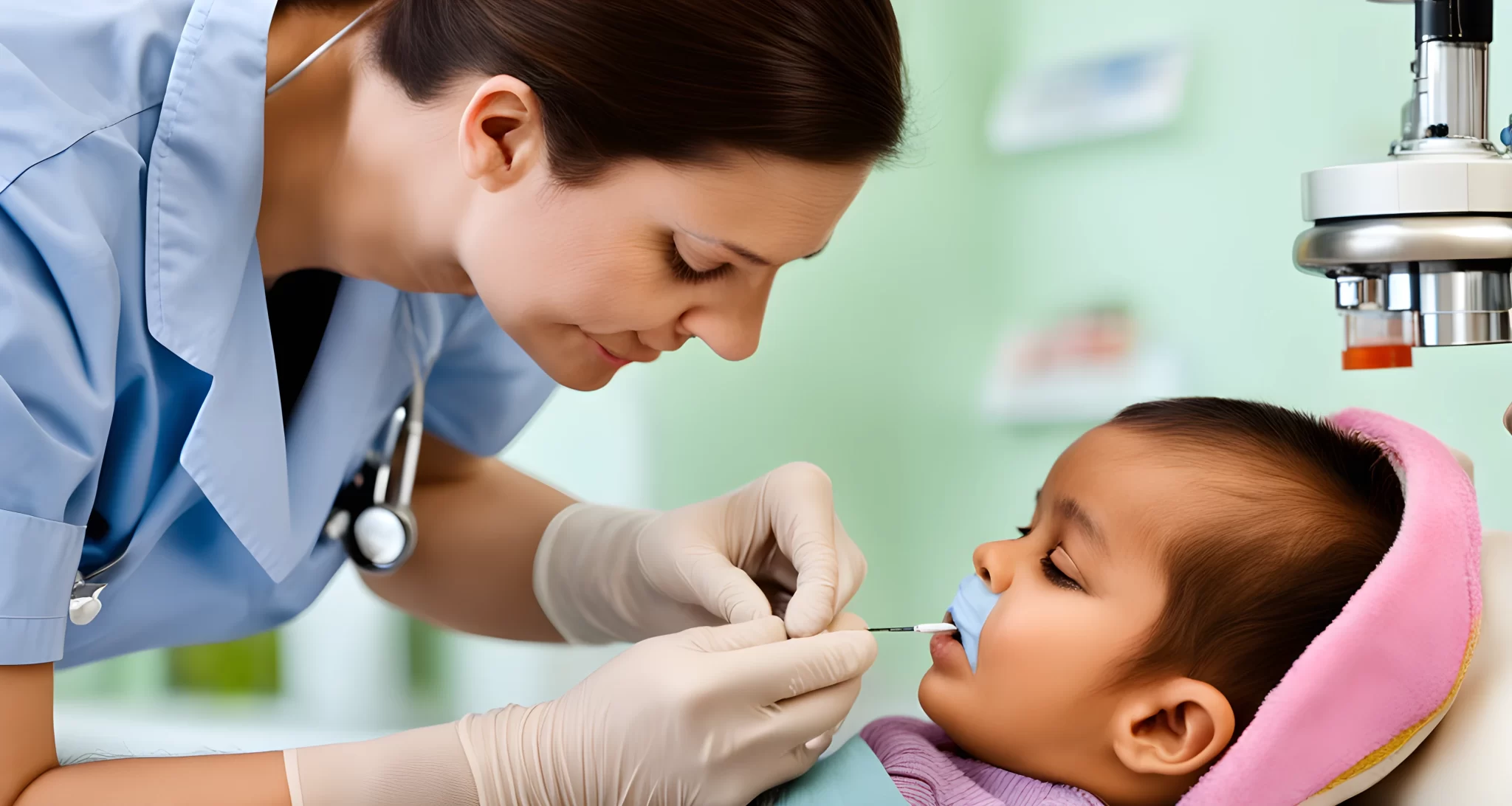
The Importance of Vaccination
Vaccination remains a vital public health measure, as it is proven to be safe and effective in preventing the spread of infectious diseases. By building immunity in individuals and communities, vaccines help protect against the outbreak and spread of serious illnesses. The continued promotion of vaccination is essential in safeguarding public health.
Benefits of Vaccination
- Vaccines have been instrumental in eradicating diseases such as smallpox and reducing the prevalence of others like polio.
- Vaccination helps protect those who cannot be vaccinated, such as individuals with weakened immune systems or allergies to vaccine components.
Community Immunity
- When a high percentage of the population is vaccinated, it creates a phenomenon known as herd immunity, which provides indirect protection to those who are not immune.
- This is crucial for vulnerable individuals who are more susceptible to infections.
Preventing Outbreaks
- Vaccination significantly reduces the spread of infectious diseases, preventing outbreaks that can quickly overwhelm healthcare systems.
- It also minimizes the risk of potential epidemics and pandemics by controlling the transmission of pathogens within communities.
To learn more about how vaccination plays a crucial role in public health, check out Reality FEMA Camps Myth.

Conclusion
In conclusion, the myth linking vaccines to autism has been thoroughly debunked by extensive scientific research and the stance of reputable health organizations. Vaccines are fundamentally important in preventing the spread of serious diseases and safeguarding public health, and it is crucial to prioritize evidence-based information in making decisions about vaccination.
Importance of Vaccination
- Vaccines play a crucial role in protecting individuals from preventable diseases.
- They also contribute to the development of herd immunity, which is essential for protecting vulnerable populations such as infants and individuals with compromised immune systems.
Government and Scientific Institutions’ Response
- Reputable health organizations such as the CDC and the WHO have repeatedly emphasized the safety and effectiveness of vaccines.
- Extensive research has consistently shown that there is no causal link between vaccines and autism.
Impact on Public Health
- The spread of misinformation about vaccines can have serious public health implications, leading to outbreaks of diseases that could have been prevented through vaccination.
- It is important for individuals to make informed decisions about vaccination based on reliable scientific evidence.
In order to make informed decisions about important health matters like vaccination, it is crucial to critically evaluate sources of information. For more on evaluating reliable sources, check out Authenticity of Moon Landing.
FAQ
Do vaccines cause autism?
No, vaccines do not cause autism. numerous scientific studies and health organizations worldwide, including the centers for disease control and prevention (cdc), have debunked this myth. the cdc explicitly states that there is no scientific evidence to support the claim that vaccines cause autism.
What is the origin of the myth that vaccines cause autism?
The myth likely originated from a 1998 study published in the lancet by andrew wakefield, which suggested a link between the measles, mumps, and rubella (mmr) vaccine and autism. however, this study was found to be flawed and has since been retracted. the researcher, andrew wakefield, was stripped of his medical license due to falsification of data, and the study’s findings were discredited.
How do vaccines work?
Vaccines work by introducing a small, harmless piece of a virus or bacteria to the body, which triggers the immune system to produce antibodies that can fight the actual virus or bacteria if it were to enter the body later. this process helps to build immunity and protect against diseases. the covid-19 vaccine, for example, uses messenger rna (mrna) technology to instruct cells to build a protein similar to the virus, allowing the body to develop immunity.
Are vaccines safe and effective?
Yes, vaccines are generally safe and effective in preventing serious diseases. the scientific consensus is that vaccines play a crucial role in public health by protecting individuals from infectious diseases and reducing the spread of viruses and bacteria in communities.
